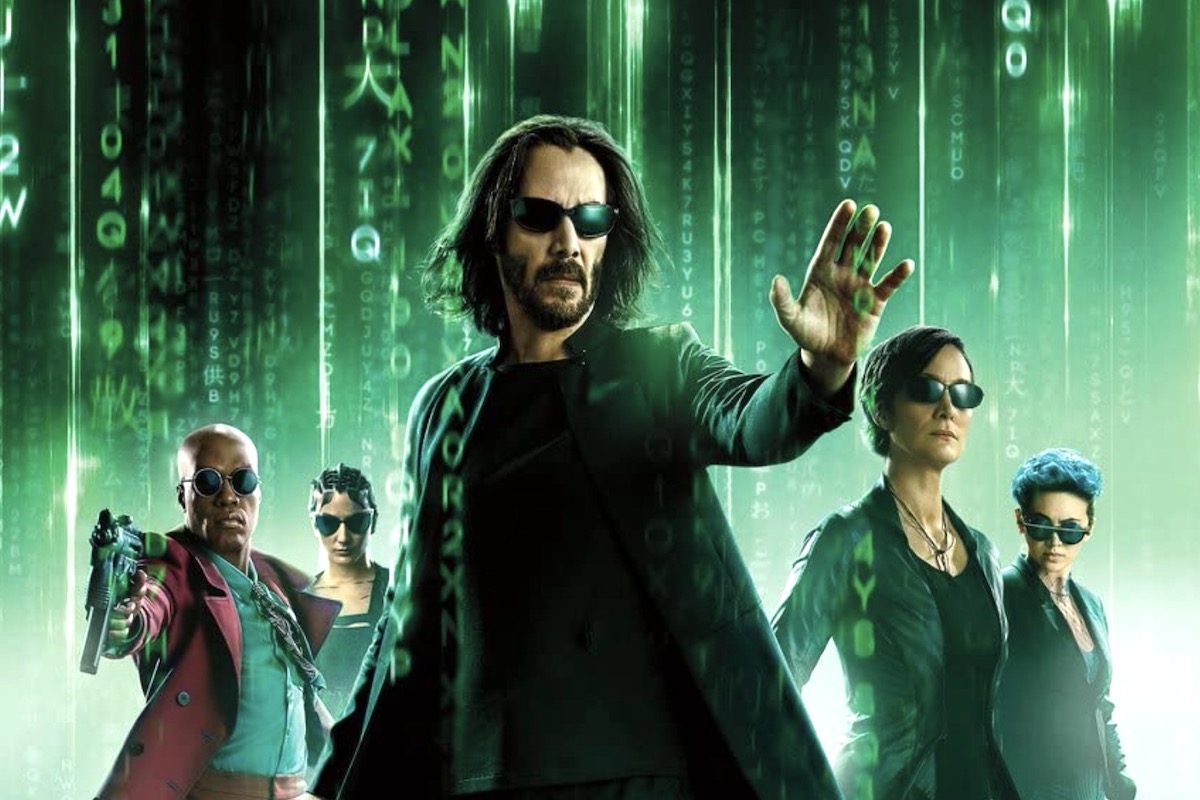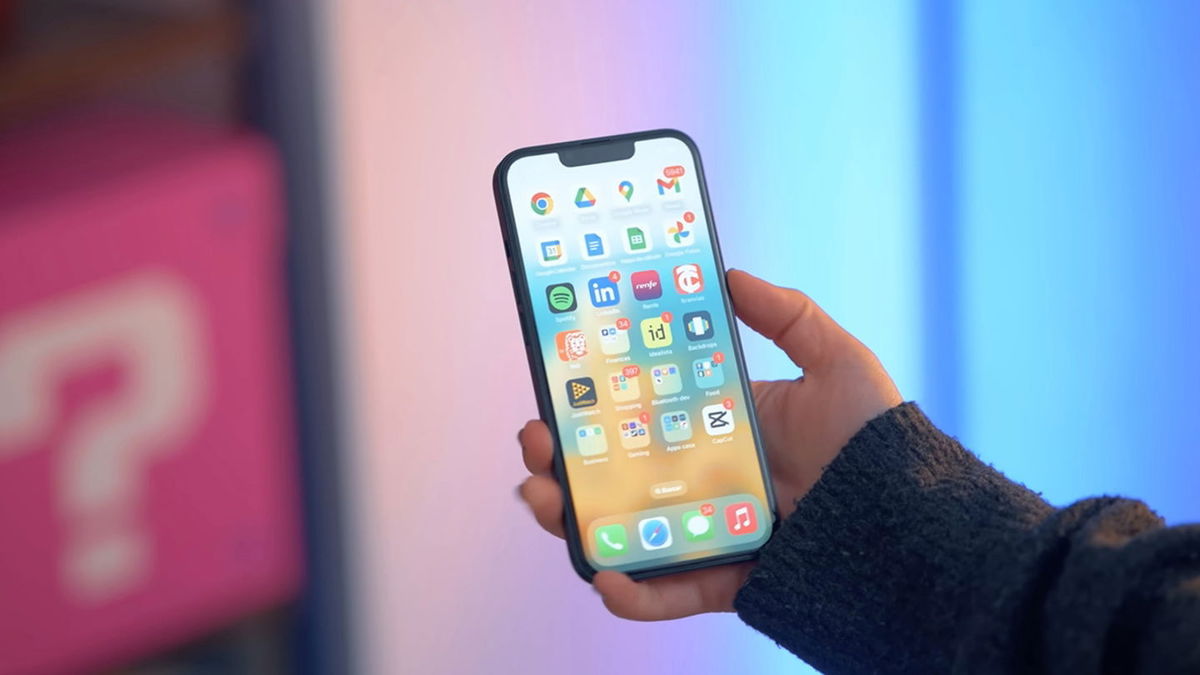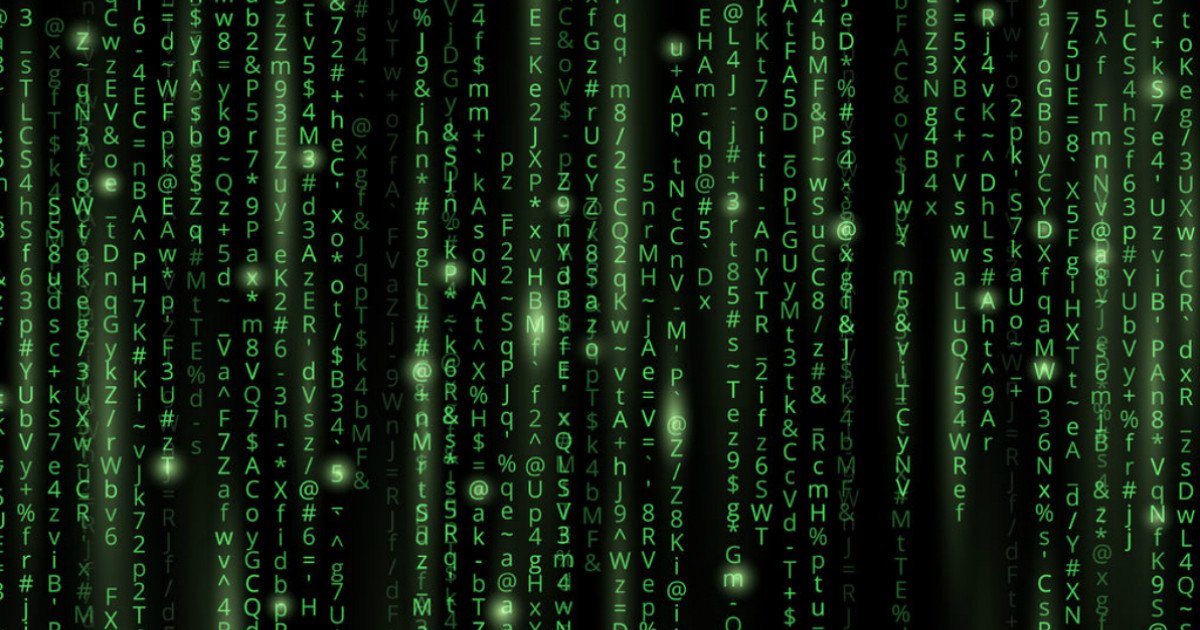As if we were in Sims or in a video game of your choice, simulating movie theories MatrixThere are serious scientific studies that want to prove that humanity lives in a computer simulation and that everything is not real.
A University of Portsmouth physicist has investigated whether a new law of physics could support the much-debated theory that we are simply characters in an advanced virtual world.
The simulated universe hypothesis suggests that what people experience is actually an artificial reality, much like a computer simulation in which they themselves are constructs.
This theory is popular among a number of famous figures, including Elon Muskand within a branch of science known as information physics, which suggests that physical reality is primarily composed of bits of information.
Dr. Melvin Wopson previously published research suggesting that information has mass and that all elementary particles, the smallest known building blocks of the universe, store information about themselves, much like humans have DNA.
In 2022 he discovered new law of physics which could predict genetic mutations in organisms, including viruses, and help assess their possible consequences.
It is based on the second law of thermodynamics, which states that entropy, a measure of disorder in an isolated system, can only increase or remain the same.
Dr. Wopson expected that entropy in information systems would also increase over time, but when studying the evolution of these systems, he realized that it either remained constant or decreased. It was then that he established the second law of information dynamics, or infodynamics, which could have a significant impact on genetic research and the theory of evolution.
A new paper published in the journal AIP Advances examines the scientific implications of the new law for a range of other physical systems and environments, including biology, atomic physics and cosmology.
“Next I wanted to test the law and see if it could further support the modeling hypothesis by moving it from the philosophical realm into traditional science.”

Conclusions confirming that life is a computer simulation.
- Biological systems: The second law of infodynamics challenges the traditional understanding of genetic mutations by suggesting that they follow patterns governed by information entropy. This discovery has profound implications for fields such as genetic research, evolutionary biology, gene therapy, pharmacology, virology and pandemic monitoring.
- Atomic physics: The article explains the behavior of electrons in multi-electron atoms, providing information on phenomena such as Hund’s rule; which establishes that the term with the highest multiplicity is in the lowest part in energy. Electrons are organized to minimize their information entropy, which sheds light on atomic physics and the stability of chemicals.
- Cosmology: It is shown that the second law of infodynamics is a cosmological necessity, and thermodynamic considerations applied to the Universe in adiabatic expansion confirm its validity.
“The work also provides an explanation for the prevalence of symmetry in the Universe,” explained Dr. Wopson.
“The principles of symmetry play an important role in relation to the laws of nature, but until now there have been few explanations for why this might be the case. My results show that high symmetry corresponds to a state with the lowest information entropy, which could explain nature’s tendency toward it.
“This approach, which removes unnecessary information, is similar to the process of removing or compressing unnecessary code on a computer to save disk space and optimize power consumption. And as a consequence, this confirms the idea that we are living in a simulation.
Dr. Wopson’s previous research shows that information is built into blocks in the Universe and has physical mass. He even argues that information may be the elusive dark matter that makes up almost a third of the Universe, which he calls the principle of equivalence of mass, energy and information.
The article argues that the second law of infodynamics supports this principle, potentially supporting the idea that information is a physical entity equivalent to mass and energy.
“The next steps to complete these studies will require empirical testing,” Dr. Wopson added.
Source: Digital Trends
I am Garth Carter and I work at Gadget Onus. I have specialized in writing for the Hot News section, focusing on topics that are trending and highly relevant to readers. My passion is to present news stories accurately, in an engaging manner that captures the attention of my audience.










